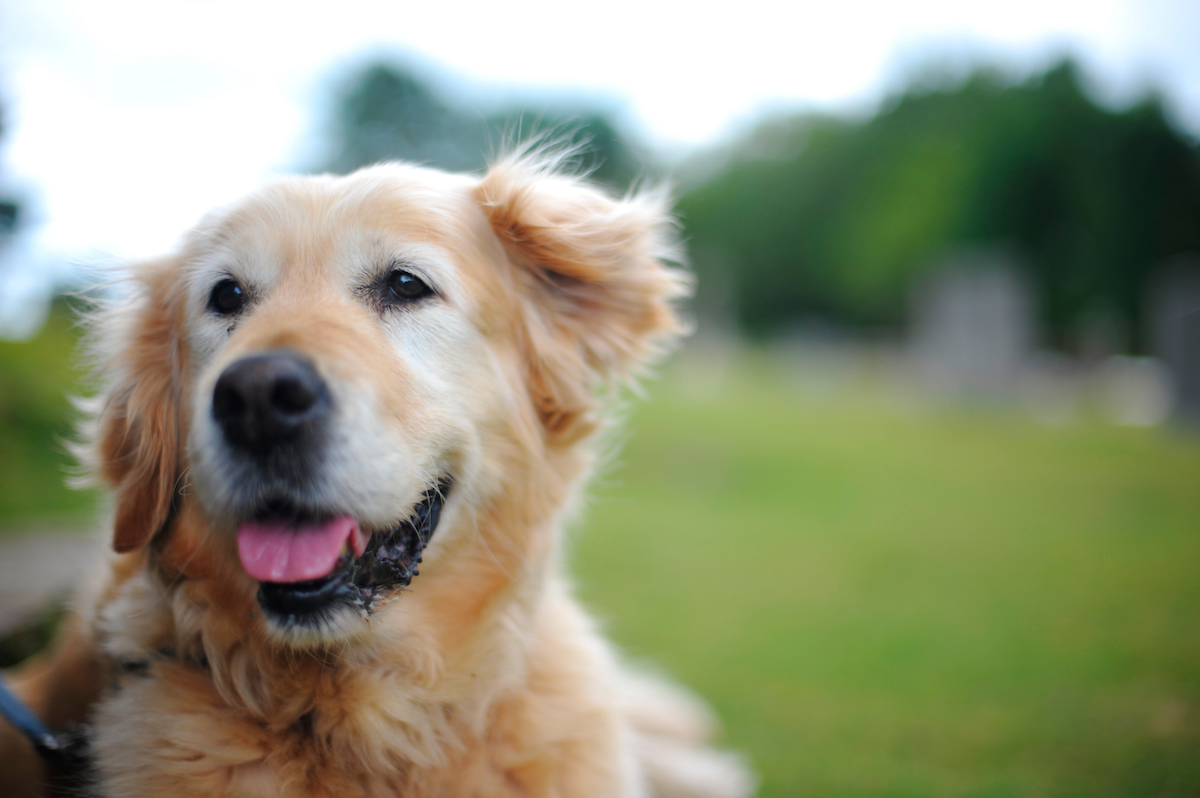
Declaration concerning animal welfare
All pets cared for by Hill’s Pet Nutrition live in a loving, safe and clean environment with ample opportunity for play. We only use non-invasive, humane research methods and only carry out studies that are necessary to develop pet food technologies that will give cats and dogs a longer and healthier life. Our company has by far the most breakthroughs in the area of animal nutrition and we owe our success and reputation to the fact that we always maintain the highest ethical values.
Every day we prove yet again that leading edge scientific technology must be accompanied by a real concern for animal welfare in order to improve the health and lives of pets. That is why Hill’s only supports [and practises] the responsible, careful and humane treatment of cats and dogs. All studies carried out or supported by Hill’s – or that take place at the Hill’s Pet Nutrition Center or at consumers’ homes, on veterinary courses or in other places – must comply with our strict policy of outstanding care for animals.
- We do not take part in research that endangers the health of cats and dogs. All research that Hill’s supports is dedicated to maintaining and improving the health of animals. We do not carry out any research on dogs or cats that necessitates euthanasia.
- When we study how a nutrient is taken up, distributed, stored, used and excreted by the body of a dog or a cat, we only use animal research methods comparable to those used for food or medical studies in humans. Hill’s does not conduct or fund any research that causes pain or injury to dogs or cats. Because we believe that anything that hurts humans, also hurts cats and dogs.
- We only carry out research if we have overwhelming proof that we can improve the health and well-being of pet animals. This research often leads to ground-breaking results on nutrition that improve the lives of millions of cats and dogs.
- We are continually looking for ways to become less dependent on animal trials. A considerable proportion of the cats and dogs that take part in our nutrition studies do this at home. Our vets and nutrition experts are passionate about developing models that mimic the biological systems of animals. As an example, we designed the very first ‘artificial mouth’ to see how effective new technologies tackle mouth hygiene. Another example is a special mathematical formula that we have developed and used for accurately predicting the pH of cat urine, so that we don’t have to test on cats first.
Now the animal tests are only required to provide information on the composition of the food.
- In order to convince pet owners that our dietary foods are safe and effective, we support research on pets that were already ill or had a specific disorder. We do not collaborate on research in which diseases are induced or mimicked by means of surgical or non-surgical methods.
- The Hill’s Pet Nutrition Center and all external facilities that Hill’s supports must conform to or surpass all industry standards for animal welfare. We appoint a ‘pet advocate’ for all studies that are not carried out in our own research centre. This person is responsible for checking that every pet is treated humanely, for example by ensuring the animals get enough exercise and live in enhanced surroundings.
- We are very enthusiastic about adopting cats and dogs that have taken part in trials. We recommend that people who want to buy a pet first find out how to look after the new animal before bringing it home.
- We publish the results of our studies in order to improve the general knowledge about nutritional healthcare and to prevent tests on cats and dogs being repeated unnecessarily.
- Hill’s only uses information acquired from animal testing that is already in the public domain (previously published) or from testing that is carried out in compliance with this global policy on animal welfare.